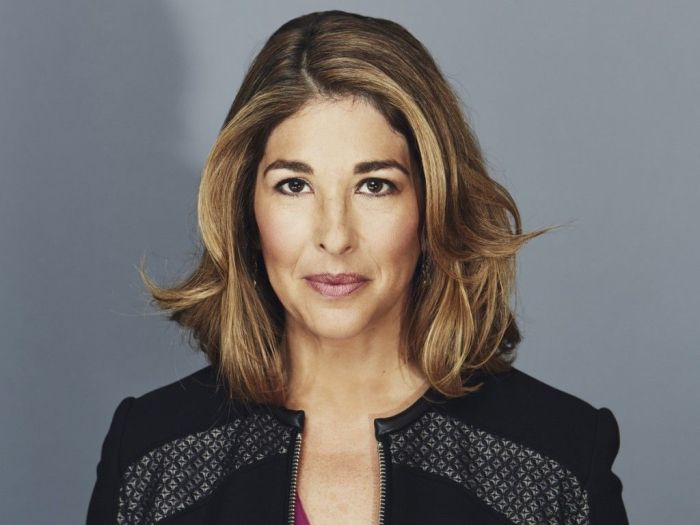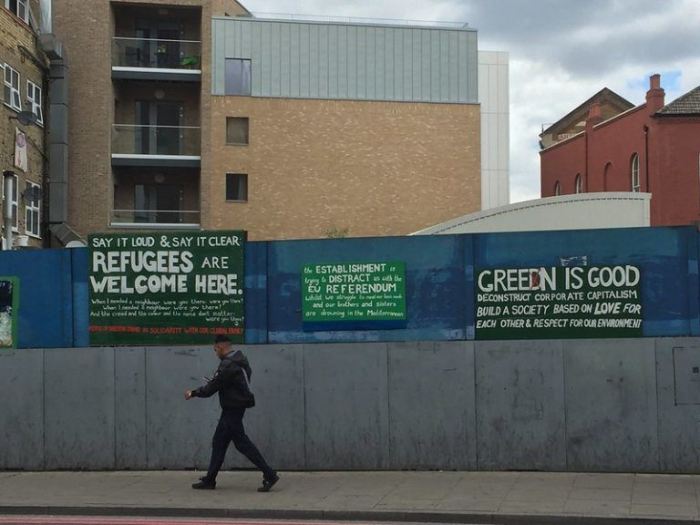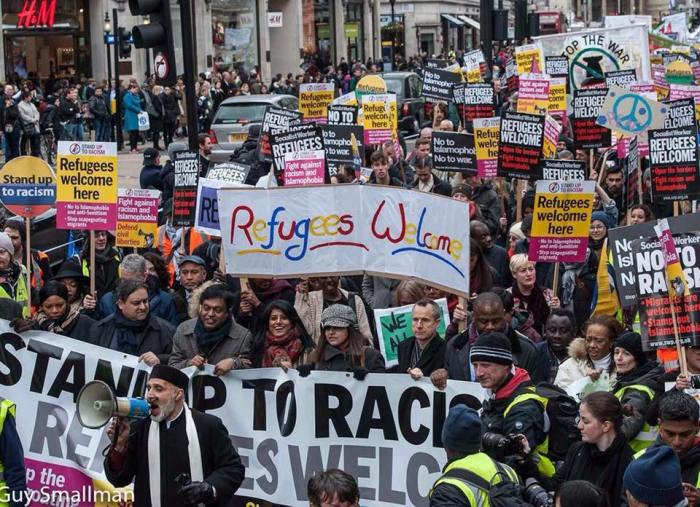Let them drown naomi klein – Naomi Klein’s “Let Them Drown: The Violence of Othering in a Warming World” presents a compelling examination of the disproportionate impacts of climate change on marginalized communities. With her trademark incisiveness, Klein exposes the systems of oppression and exploitation that perpetuate environmental injustice.
Klein argues that climate change is not simply a natural disaster but a product of systemic failures. She traces the historical roots of climate inequality, highlighting the role of colonialism, resource extraction, and the global capitalist system in exacerbating the vulnerability of coastal communities.
Climate Justice and the Responsibility to Protect

Climate justice is a framework that recognizes the disproportionate impact of climate change on marginalized communities and advocates for equitable solutions. Its principles include equity, accountability, and the right to a healthy environment for all.
Moral and Legal Obligations of Developed Countries
Developed countries have a moral and legal obligation to assist developing countries in mitigating and adapting to climate change. This is due to their historical responsibility for greenhouse gas emissions and their greater capacity to provide financial and technological support.
In her book “Let Them Drown: The Violence of Othering in a Warming World,” Naomi Klein explores the concept of climate change as a threat multiplier, exacerbating existing inequalities. To better understand the complexities of this issue, it’s helpful to consult resources like the Edmark Level 1 Word List , which provides a comprehensive vocabulary for discussing environmental topics.
By examining Klein’s arguments in conjunction with these specialized terms, we gain a deeper understanding of the urgent need to address climate change and its far-reaching consequences.
Case Studies
Examples of successful climate justice initiatives include:
- The Green Climate Fund, which provides funding for climate mitigation and adaptation projects in developing countries.
- The Paris Agreement, which includes commitments to provide financial and technological support to developing countries for climate action.
Challenges faced include:
- Insufficient funding for climate mitigation and adaptation in developing countries.
- Lack of access to clean energy technologies in developing countries.
- Political resistance to climate action in some developed countries.
Naomi Klein’s Analysis of “Let Them Drown”

Naomi Klein’s book “Let Them Drown: The Violence of Othering in a Warming World” argues that climate change is not just an environmental issue but also a social and political crisis. She claims that the wealthy and powerful are using climate change as an excuse to further marginalize and exploit the poor and vulnerable.Klein
critiques the “disaster capitalism” model, which she says exploits crises for profit. She argues that after Hurricane Katrina, for example, the Bush administration used the disaster as an opportunity to privatize public housing and schools in New Orleans. This process, known as “disaster gentrification,” made it harder for poor and black residents to return to their homes.Klein
calls for a global movement for climate justice that would prioritize the needs of the most vulnerable. She argues that solidarity is essential for addressing climate change, and that we must all work together to create a more just and sustainable world.
Klein’s Critique of the “Disaster Capitalism” Model
Klein argues that the “disaster capitalism” model is a systemic problem that allows the wealthy and powerful to profit from crises. She says that this model is based on the idea that disasters are opportunities to privatize public assets and deregulate industries.Klein
provides several examples of how the “disaster capitalism” model has been used to exploit crises. She discusses how the Bush administration used Hurricane Katrina to privatize public housing and schools in New Orleans. She also discusses how the World Bank and the International Monetary Fund have used natural disasters to force austerity measures on developing countries.Klein
argues that the “disaster capitalism” model is a threat to democracy and social justice. She says that this model allows the wealthy and powerful to profit from crises, while the poor and vulnerable are left behind.
Klein’s Call for a Global Movement for Climate Justice, Let them drown naomi klein
Klein argues that a global movement for climate justice is essential for addressing climate change. She says that this movement must prioritize the needs of the most vulnerable and that it must be based on solidarity.Klein believes that a global movement for climate justice can be successful.
She points to the success of the anti-apartheid movement and the global movement for women’s rights as examples of how social movements can achieve change.Klein calls on everyone to join the global movement for climate justice. She says that we must all work together to create a more just and sustainable world.
Frequently Asked Questions: Let Them Drown Naomi Klein
What is the main argument of Naomi Klein’s “Let Them Drown”?
Klein argues that climate change is a product of systemic failures and that it disproportionately impacts marginalized communities. She calls for climate justice, prioritizing equity, reparations, and protection for the most vulnerable.
What is “disaster capitalism”?
Klein uses the term “disaster capitalism” to describe the exploitation of crises for profit. She argues that this model exacerbates climate injustice by privatizing disaster relief and recovery efforts, benefiting corporations at the expense of vulnerable communities.
What is the role of solidarity in addressing climate change?
Klein emphasizes the importance of solidarity in building a global movement for climate justice. She argues that we must work together across borders and communities to challenge the systems that perpetuate climate inequality and create a more just and sustainable future for all.



